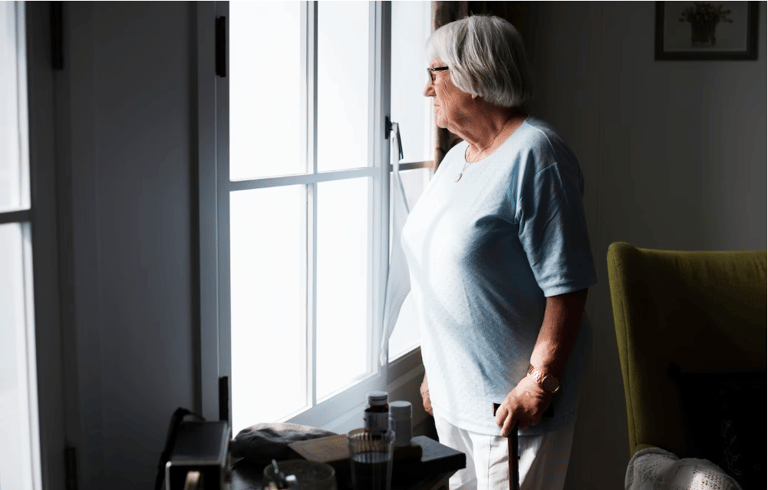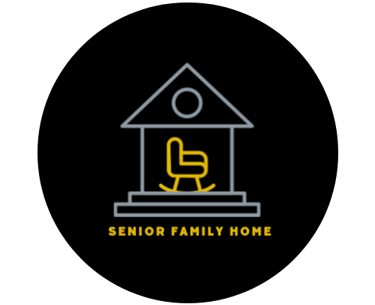When to Know If It's Time for Seniors to Leave Home: A Guide for Families


As our loved ones age, it's important to assess their needs and well-being to ensure they receive the appropriate care and support. Making the decision for seniors to leave their home can be challenging, but it is crucial to prioritize their safety, health, and overall quality of life. In this blog post, we will explore key factors and signs that indicate it may be time for seniors to transition from their home to a more suitable living arrangement. This guide aims to provide valuable insights to help families navigate this important decision-making process.
Declining Physical Health:
One of the indicators that it may be time for seniors to leave home is when their physical health starts to decline significantly. This can manifest as difficulty with mobility, chronic health conditions, increased risk of falls, or the need for constant medical supervision. Recognizing these signs can help families understand when additional support, such as that provided in a residential care facility, becomes necessary.
Cognitive Impairment and Safety Concerns:
When seniors begin to experience cognitive decline, such as memory loss, confusion, or disorientation, it can jeopardize their safety and well-being at home. Wandering, forgetting to take medication, or the inability to handle daily tasks can pose serious risks. In such cases, a residential care facility equipped with specialized memory care programs can offer a secure and supportive environment.
Social Isolation and Loneliness:
Seniors who live alone may face social isolation and loneliness, which can have a significant impact on their mental and emotional well-being. If family members are unable to provide regular companionship or if the senior struggles to maintain social connections, transitioning to a community setting can provide opportunities for socialization, engagement, and a sense of belonging.
Increased Dependence on Family Caregivers:
Families often take on the role of caregivers for their elderly loved ones. However, if the level of care required becomes overwhelming or compromises the caregiver's own well-being, it may be an indication that it's time to consider alternative living arrangements. Residential care facilities can provide professional care and support, relieving the burden on family members and ensuring that seniors receive the assistance they need.
Home Safety Concerns and Accessibility Issues:
As seniors age, their homes may no longer be suitable or safe for their changing needs. Accessibility issues, such as stairs, narrow hallways, or lack of proper bathroom modifications, can increase the risk of accidents and falls. Assessing the home for safety concerns and considering a residential care facility that provides a secure and accessible environment can help mitigate these risks.
Knowing when it's time for seniors to leave home is a deeply personal and sometimes challenging decision. It requires careful consideration of various factors, including the senior's physical health, cognitive well-being, social needs, and the safety and accessibility of their current living environment. While the decision may feel difficult, it is important to prioritize the well-being and safety of our loved ones.
Transitioning to a residential care facility can provide numerous benefits that enhance the overall quality of life for seniors. These facilities offer professional care, specialized programs, and a supportive community environment. Seniors can receive personalized assistance with daily activities, access to healthcare services, opportunities for socialization, and the peace of mind that comes with round-the-clock support. Family members can have reassurance knowing that their loved ones are in a secure and nurturing environment, receiving the care and attention they deserve.
It is essential for families to have open and honest discussions with their senior loved ones about their changing needs and the potential benefits of transitioning to a residential care facility. Engaging in thoughtful conversations, listening to their concerns, and involving them in the decision-making process can help alleviate any apprehensions and ensure a smoother transition.
Ultimately, the goal is to prioritize the overall well-being and quality of life for seniors. By recognizing the signs and considering the benefits that a residential care facility can provide, families can make informed choices that support the health, happiness, and dignity of their loved ones as they navigate this new chapter in their lives.


